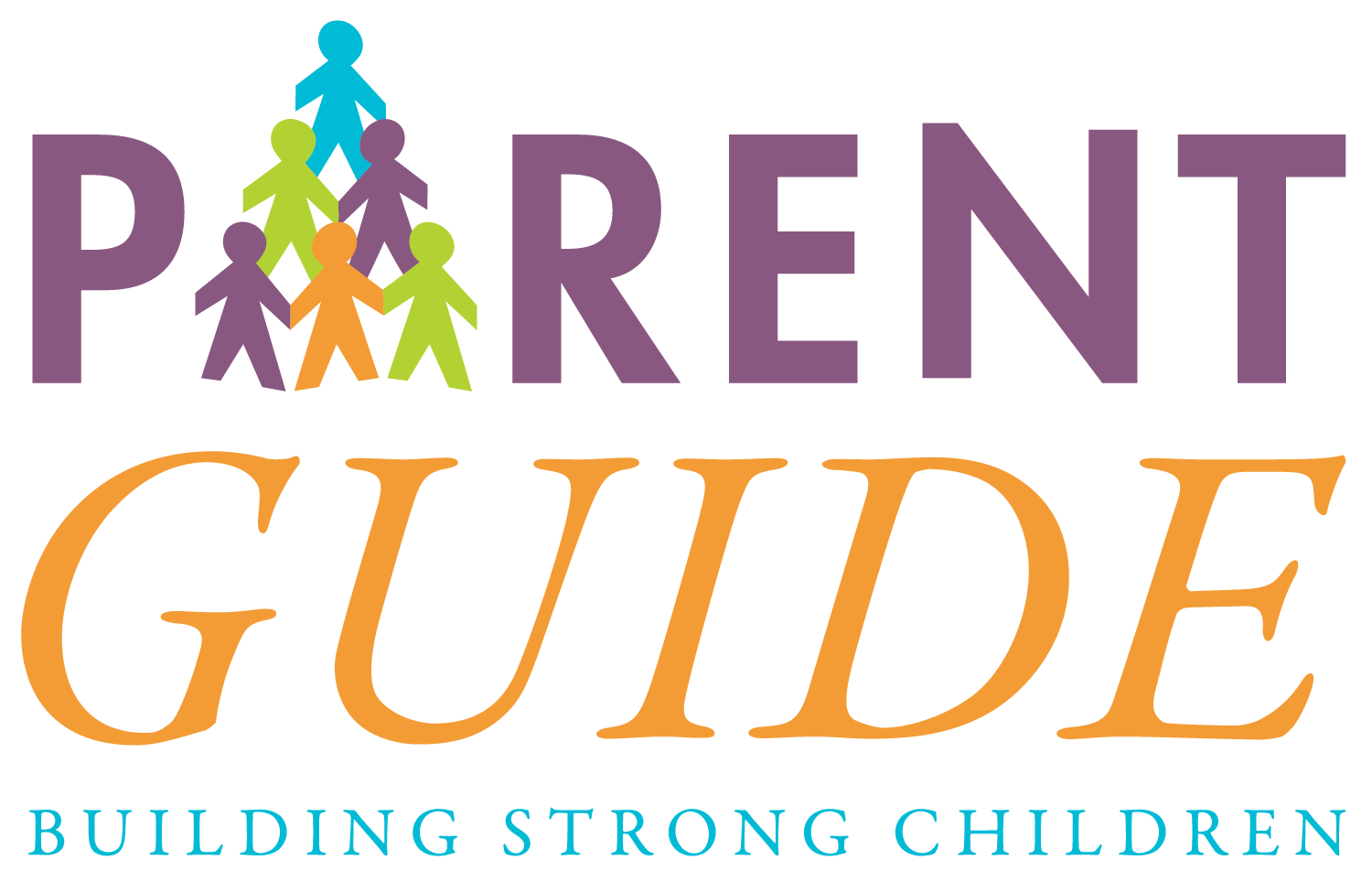
Effective communication is the cornerstone of successful parenting. It fosters trust, strengthens relationships, and helps children feel understood and valued. If you’re struggling in this area, though, you’re not alone. There is help and hope. Below, our parenting counselors offer several strategies to enhance communication with your child and work toward a healthier and more supportive family dynamic.
Tip #1: Promote Active Listening
Active listening is one of the most crucial skills in effective communication. This involves giving your full attention to your child when they speak. Make eye contact, nod in understanding, and avoid interrupting. By doing so, you demonstrate that you value their thoughts and feelings. Active listening not only helps you understand your child’s perspective but also encourages them to share more openly in the future.
Tip #2: Create a Safe and Open Environment
Children need to feel safe and heard to communicate effectively and maintain good mental health. Make sure they know that they can approach you with any issue without fear of judgment or punishment. Reinforce that their honesty is appreciated, even if the topic is sensitive or difficult. This builds a foundation of trust and encourages your child to speak freely about their concerns and experiences.
Tip #3: Be Genuine and Authentic
Children are perceptive and can sense when you are not being truthful. To avoid this, model honest and open communication by sharing your own feelings and thoughts in an age-appropriate manner. This helps your child learn how to express themselves and reassures them that their emotions are valid.
Tip #4: Use Positive Reinforcement
Positive reinforcement encourages good communication habits. Praise your child when they express themselves clearly or come to you with a problem. Simple acknowledgments like “Thank you for sharing with me” or “I appreciate your honesty” can go a long way in reinforcing positive behavior. This approach helps children feel understood, promoting more open communication in the future.
Tip #5: Practice Non-Defensive Responses
It’s natural for conversations to become emotional, but it’s important to respond without defensiveness. Listen fully before responding and try to understand your child’s viewpoint. Use “I” statements to express your feelings without blaming them. For example, instead of saying “You always make me angry,” say “I feel upset when this happens.” This reduces conflict and encourages constructive dialogue.
Tip #6: Role-Play to Improve Communication
Role-playing can be an effective tool for improving communication skills. By acting out scenarios, both you and your child can practice how to handle different situations. This method allows children to see things from different perspectives and understand the impact of their words and actions. It also provides a safe space to practice conflict resolution and develop better communication habits.
Tip #7: Be Mindful of Body Language
What you say is important, but so is how you say it. Be mindful of your body language when interacting with your child. Avoid negative gestures such as eye-rolling, sighing, or crossing your arms, which can convey disinterest or frustration. Positive body language, like maintaining eye contact and nodding, shows that you are engaged and receptive.
Tip #8: Get Professional Support
Despite your best efforts, communication challenges can still happen. Professional parenting counselors can provide valuable guidance and strategies tailored to your family’s specific needs. They can help you identify underlying issues, develop effective communication techniques, and work toward building family unity.
Need Help Communicating With Your Child? Contact ParentGuide
Effective communication is essential for building a strong, supportive relationship with your child. If you need help with the process, ParentGuide is here for you. We can provide valuable insights and strategies in addition to the tips above to empower you to improve communication and a maintain a healthier, happier family dynamic. If you’d like to learn more or get started, contact ParentGuide today to request an appointment.

Leave a Reply